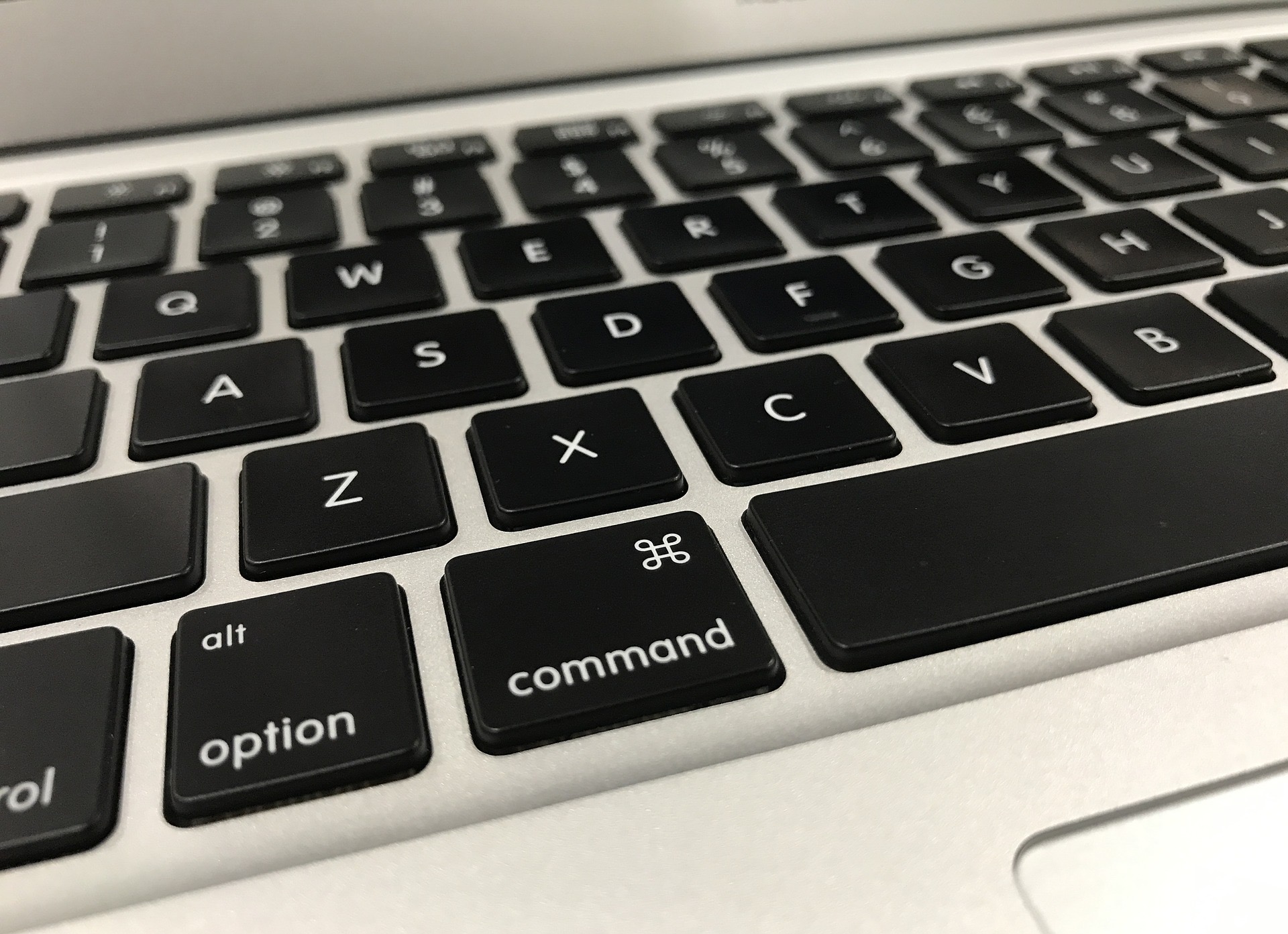

If the cells are blank, move to the last cell in the row or column. Move to the edge of the current data region in a worksheet.Įnter the End mode, move to the next nonblank cell in the same column or row as the active cell, and turn off End mode. Move to the previous cell in a worksheet or the previous option in a dialog. Top of Page Keyboard shortcuts for navigating in cells Move to the submenu when a main menu is open or selected.
#Command arrow mac for windows windows#
Or, on a Windows keyboard, the Context key (between the right Alt and right Ctrl keys) When a menu or submenu is open, move to the next command. Move down, up, left, or right, respectively, among the items on the Ribbon. Move the focus to commands on the ribbon. To move to a different tab, use access keys or the arrow keys. Select the active tab on the ribbon, and activate the access keys.Īlt or F10. Top of Page Work in the ribbon with the keyboard Open the View tab and preview page breaks and layouts, show and hide gridlines and headings, set zoom magnification, manage windows and panes, and view macros. Open the Review tab and check spelling, add notes and threaded comments, and protect sheets and workbooks.

Open the Data tab and connect to, sort, filter, analyze, and work with data. Open the Formulas tab and insert, trace, and customize functions and calculations. Open the Page Layout tab and work with themes, page setup, scale, and alignment.

Open the Insert tab and insert PivotTables, charts, add-ins, Sparklines, pictures, shapes, headers, or text boxes. Open the Home tab and format text and numbers and use the Find tool. Open the File page and use Backstage view. Move to the Tell me or Search field on the Ribbon and type a search term for assistance or Help content. Additional tabs may appear depending on your selection in the worksheet. To go directly to a tab on the ribbon, press one of the following access keys. If you don't know the sequence, press Esc and use Key Tips instead. If you know the entire key sequence, go ahead and use it. A notification pops up saying you're using an access key from an earlier version of Microsoft Office. For example, press Alt, and then press one of the old menu keys E (Edit), V (View), I (Insert), and so on.
#Command arrow mac for windows full#
However, you need to know the full shortcut. In Office 2013 and Office 2010, most of the old Alt key menu shortcuts still work, too. Press Alt again to see KeyTips for the options for the selected tab. For example, press Alt+H to open the Home tab, and Alt+Q to move to the Tell me or Search field. You can combine the Key Tips letters with the Alt key to make shortcuts called Access Keys for the ribbon options. Press the Alt key to display the ribbon shortcuts, called Key Tips, as letters in small images next to the tabs and options as shown in the image below. For example, on the Home tab, the Number group includes the Number Format option. The ribbon groups related options on tabs. This table lists the most frequently used shortcuts in Excel. Keyboard shortcuts in Office Add-ins task panes Keyboard shortcuts for refreshing external data Keyboard shortcuts for working with data, functions, and the formula bar Keyboard shortcuts for making selections and performing actions Keyboard shortcuts in the Paste Special dialog in Excel 2013 Get these keyboard shortcuts in a Word document: Excel 2016 for Windows keyboard shortcuts If an action that you use often does not have a shortcut key, you can record a macro to create one.ĭownload our 50 time-saving Excel shortcuts quick tips guide. Press Ctrl+F, and then type your search words. To quickly find a shortcut in this article, you can use the Search.


 0 kommentar(er)
0 kommentar(er)
